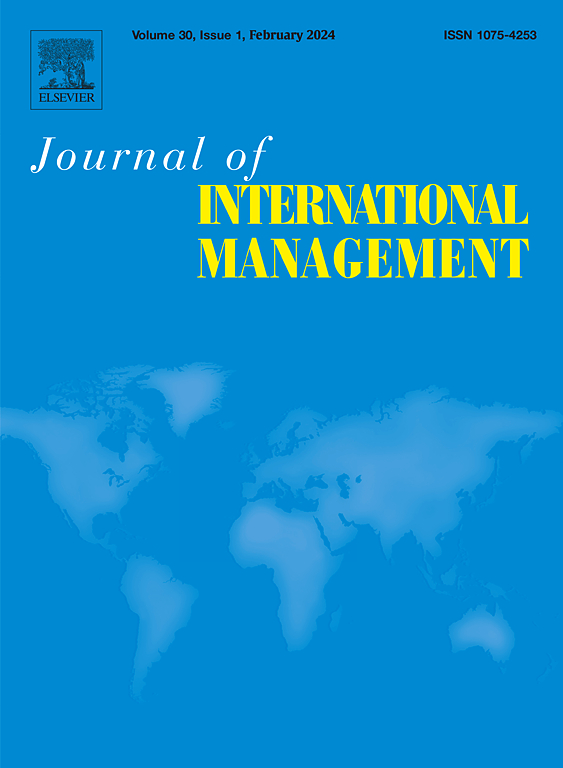Evolution of strategy for global value creation in MNEs: Role of knowledge management, technology adoption, and financial investment
Abstract
Global value creation (GVC) by a multinational enterprise (MNE) is an important aspect for maintaining global competitiveness. A firm's dynamic capabilities enable it to integrate, build, and reconfigure internal and external resources and competencies to address and meet customer demands in a rapidly changing business environment in a globalized world. Maintaining an MNE's competitiveness is also important. There are few studies on the MNE dynamic abilities and their influence on GVC strategy. In this context, the aim of this study is to identify the factors impacting global value creation capability of MNEs and to investigate how it could impact global competitive advantage, with financial investment and technology adoption as moderators. A research model was prepared through the lens of dynamic capability view (DCV) and based on literature. It was later validated with CB-SEM using 317 respondents from 12 MNEs. This study has found that knowledge acquisition, knowledge integration, and knowledge connectivity capabilities impact global value creation capability of the MNEs, which in turn impacts global competitive advantage under the influence of financial investment and technology adoption as moderators.

 求助内容:
求助内容: 应助结果提醒方式:
应助结果提醒方式:


